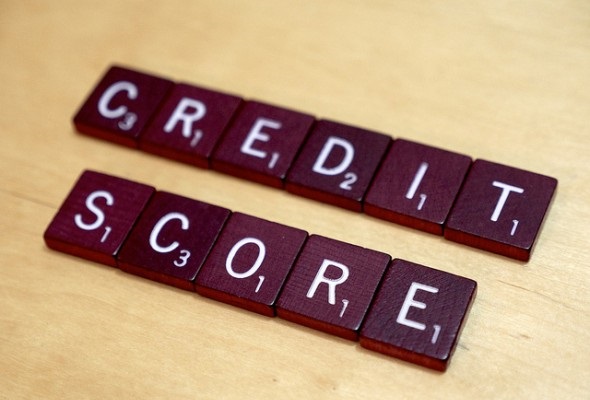There are those, myself included, who will tell you that having no credit is worse than having bad credit. While this is largely anecdotal, it seems that creditors don’t like virgins, credit virgins that is. It’s like looking for your first job where positions are listed as entry level but employers really want someone with experience.
Compare checking accounts.
Call it the credit oxymoron; you can’t get credit until you’ve had credit. The first time I tried to get credit was to buy a car. The dealer’s finance guy came out and told me I had more than enough income but I didn’t have an adequate credit history. I told him I know and that should be a good thing since it also meant I had no debt. He apologized, shook his head and said that’s the problem.
Baby Steps
He did offer one piece of advice and that was to start out small, get a gas card or store credit card with a low limit and come back in six months or a year. Building your credit score from the ground up is like any other type of construction, you have to start with a solid foundation.
Gas company, small retail stores, even high interest low limit credit cards all get reported to the big three credit reporting agencies; Experian, TransUnion and Equifax. Having these cards is not enough; you have to use them, consistently. You also have to pay them and never, ever be late.
Worst Case Scenario
If you’re not having any luck with conventional credit cards you might have to consider a secured card. Secured credit cards are credit cards in name only. They require you to deposit anywhere from a few hundred to a few thousand dollars with them and then in exchange they extend you credit in that same amount. Not only do they lend you your own money and charge you interest to use it, they also charge annual fees.
Are they a bad deal? Yes, but the credit reporting agencies report them as credit cards and not as secured cards. Using them correctly will build your credit score. The same rules apply as any other credit cards: use them and pay them off and don’t be late. These cards generally have a high interest rate but there is no need to sweat that fact so long as you pay them off in full each month.
Use ‘Em If You Got ‘Em
If you’re living on your own and are paying rent and utilities, ask your landlord (easier if it’s a management company) and utility providers to report your payments to the credit agencies. Since you are paying these on time and in full each month they will be reporting positive results. This will act like fertilizer for your credit garden. Cable and cell phone accounts count too.
Related Article: 5 Ways to Repair Your Credit
These businesses usually don’t report customers unless they fail to pay. But if you ask many will as a courtesy. It’s all a wink and a nod sort of transaction but it’s how the game is played and you never know if you don’t ask. Remember, the goal is to improve your credit score.
Have a Plan
Several factors matter when it comes to credit worthiness. Having a plan for meeting those factors is the most efficient way to get the job done. Credit providers like to see diversity of credit rather than just one kind so spread the wealth around as best you can. Credit cards, utilities, rent and revolving credit (store cards) present a well rounded credit profile.
Having a plan means you can’t apply for one of each all at the same time. Trust me there will be flashing lights and sirens all over the credit issuing world if you try. Work you way up slowly and methodically and on a schedule. A store credit card today, traditional credit card application in 3 months and so on.
Rotate the cards you use, because it’s not about spending money but about building a record of responsibility. Use them and pay them off. Juggling several cards adds multiple lines of positive notes to your credit report and drives up your credit score.
As much as you might hate to hear it and I hate having to say it but “haste makes waste”. Patience is the key to growing credit. Most importantly develop good credit habits now and you will reap the benefits for years to come.
Related Article: 3 Ways to Build Credit Without a Credit Card
Photo Credit: LendingMemo
